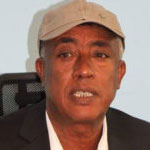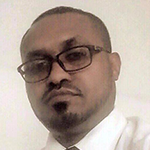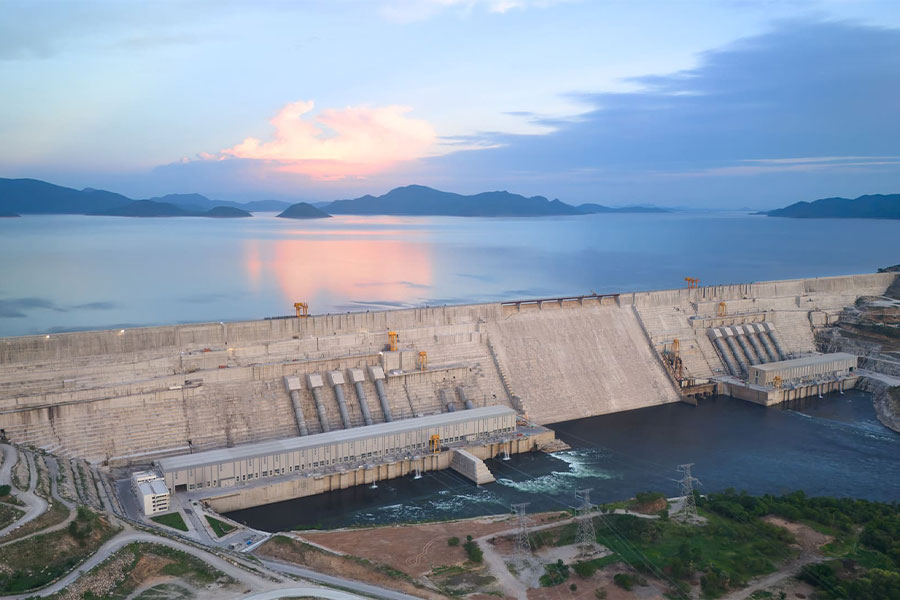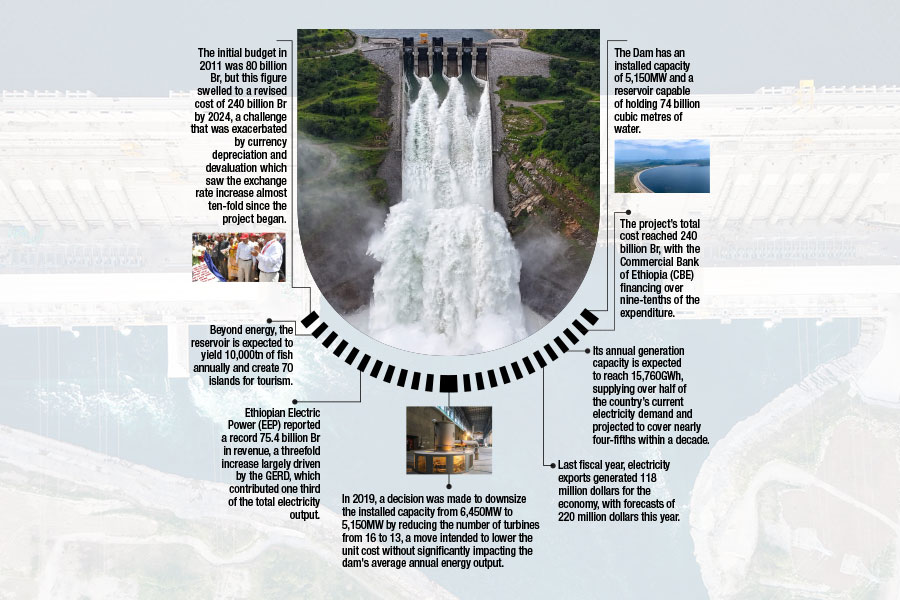
Verbatim | Jun 15,2019
Nov 19 , 2022
By Abraham Tekle
People tend to pick sides by reckoning the climate. Popular opinions get sanctioned by the majority, while those with views outside the box face risk of isolation.
In theory, popular opinion can be publicly voiced without fear of sanctions. Individuals push their conformist ideas if it aligns with the majority. They tend to join the dominant group even if it does not align with their values for fear of isolation. Others habitually keep their views to themselves because coming forward with an unpopular position would lead to exclusion from the social structure.
This is a fear of isolation and separation known as a "spiral of silence", a political and communication theory first introduced by Elisabeth Noelle-Neumann in the early 1970s. It explains the Jews' fear of isolation during the repressive era under the Nazis during World War II and reflects on silence in the situation to avoid what awaits otherwise. The theory is an essential tool to test an audience's response to an issue and whether views are compatible with environmental cues.
It is more evident in a socially networked environment like ours. Those who dare not conform to social norms and are labelled as outliers face the threat of isolation. They are mindful of forwarding dissenting views despite their expertise. They are compelled to remain timid and self-conscious, undermining their public toles. With due awareness or political motivation, this dark side has become the customary practice, especially in recent times.
Current affairs could illustrate where the outliers would not ponder their views in public for fear of isolation or the consequences. It is discord as a conspicuous contrast to the deep polarisation among the people under siege. It is an uncharacteristic practice to see in a socially bounded network.
The digital platforms catalyzed the egregious experiences civilians have gone through. Its effect has been witnessed as the "unpopular" views were cornered with backlashes. Many are seen as reserved from engaging in discussions for fear of retribution and societal isolation. Here, the application of initiatives is curtain openers. Organised initiatives by making institutions accessible and accountable when affected citizens reported what happened to them during the conflict. Citizens' engagement and participation are central to these endeavours. This could be done by creating a platform to speak freely.
How do we enhance public engagement in open government initiatives such as atrocities so that citizens can report their misfortune regardless of the risk of retaliation? How does the government ensure the initiatives work? How does the government ensure the safety of the affected?
These are questions that need to be answered soon.
There is a continuous need to make law enforcement institutions credible to ensure timely responses to individuals who are victims of abuse. These institutions need to provide feedback about the issues raised to the public to engage. Sometimes, it is helpful to remember that the affected constitute the majority.
Outlining the atrocities that have fueled conflicts may inflict tensions across the northern part of the country where the worst crimes, such as civilian massacres, left people traumatised.
It is promising to see discussions of transitional justice and accountability and the work to rebuild and rehabilitate war-affected areas in Tigry, Amhara and Afar regional states. The international and domestic responses to the peace accord following the recent agreements are encouraging. However, the issues of justice and accountability are delicate as the public turns a blind eye to what has happened to civilians. The government and the public must participate in the initiatives and show solidarity.
Despite individual differences in priority, concern and preference, supporting those in need is an act of humanity.
PUBLISHED ON
Nov 19,2022 [ VOL
23 , NO
1177]


Commentaries | Oct 02,2021

Radar | Oct 03,2020

My Opinion | Dec 19,2021

Viewpoints | Jan 19,2024

Viewpoints | Sep 30,2023

Photo Gallery | 156855 Views | May 06,2019

Photo Gallery | 147147 Views | Apr 26,2019

Photo Gallery | 135711 Views | Oct 06,2021

My Opinion | 135284 Views | Aug 14,2021

Dec 22 , 2024 . By TIZITA SHEWAFERAW
Charged with transforming colossal state-owned enterprises into modern and competitiv...

Aug 18 , 2024 . By AKSAH ITALO
Although predictable Yonas Zerihun's job in the ride-hailing service is not immune to...

Jul 28 , 2024 . By TIZITA SHEWAFERAW
Unhabitual, perhaps too many, Samuel Gebreyohannes, 38, used to occasionally enjoy a couple of beers at breakfast. However, he recently swit...

Jul 13 , 2024 . By AKSAH ITALO
Investors who rely on tractors, trucks, and field vehicles for commuting, transporting commodities, and f...

Sep 13 , 2025
At its launch in Nairobi two years ago, the Africa Climate Summit was billed as the f...

Sep 6 , 2025
The dawn of a new year is more than a simple turning of the calendar. It is a moment...

Aug 30 , 2025
For Germans, Otto von Bismarck is first remembered as the architect of a unified nati...

Aug 23 , 2025
Banks have a new obsession. After decades chasing deposits and, more recently, digita...

Sep 15 , 2025 . By AMANUEL BEKELE
The Grand Ethiopian Renaissance Dam (GERD), Africa's largest hydroelectric power proj...

Sep 13 , 2025
The initial budget in 2011 was 80 billion Br, but this figure swelled to a revised cost of 240 billion Br by 2024, a challenge that was exac...

Banks are facing growing pressure to make sustainability central to their operations as regulators and in...

Sep 15 , 2025 . By YITBAREK GETACHEW
The Addis Abeba City Cabinet has enacted a landmark reform to its long-contentious setback regulations, a...